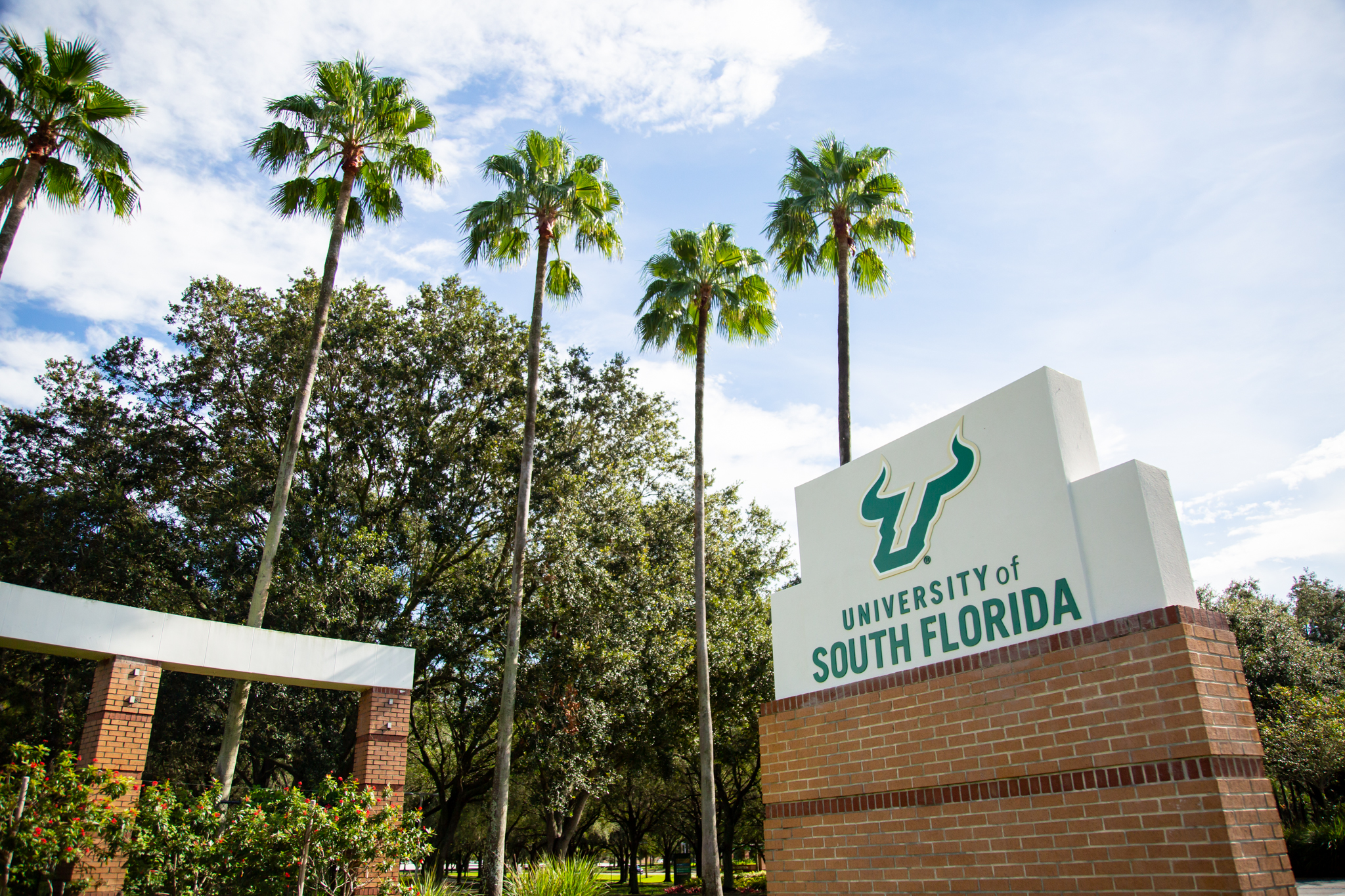SG advances initiatives to meet Black Student Union’s demands

After more than a year since USF’s Black Student Union’s (BSU) made 10 demands to address the needs of the Black community across campuses, at least half of them will be completed this semester.
Some of the initiatives born from the demands, such as the increase of Black student enrollment, have already been set in motion. Others, like a student lounge in the Marshall Student Center (MSC) and a diversity module for incoming students, will be inaugurated in the upcoming weeks.
The list of demands was compiled at a town hall of Black students and presented to Student Government (SG) and Dean of Students Danielle McDonald on June 5. Since then, SG staff started meeting monthly to discuss how they were going to complete the demands in collaboration with administration and the BSU, with the help of partners like the Institute of Black Lives (IBL) and the Office of Multicultural Affairs (OMA).
Tampa Lieutenant Governor Kiara Brooks said she is excited to see how the demands have progressed. However, she said meeting the demands is a continuing process as needs and initiatives continue to be identified.
“I do want to highlight the fact that the BSU demands is a working document, we are changing these as we see our needs as a Black student body change,” Brooks said. “We don’t plan to discontinue these conversations at any point, we definitely do want to continue them and just see how we can further help the Black student body.”
Here is a rundown of four of the demands where progress has been made:
Provide an IBL Student Success Lounge in the Marshall Student Center
This space, located on the fourth floor of the MSC where the office of study abroad used to be, doesn’t have an official name yet but is being referred to as IBL/Student Success Lounge, according to Winston Jones, associate dean of students.
It was expected to open the first week of the semester but with the rise of COVID-19 cases, SG didn’t want to congregate people, according to Brooks. Its inauguration was also delayed because the space is being remodeled. Once it opens, all students are welcome, Brooks said.
“The space will mainly not only be a space for students to come and celebrate their culture, but it will also be a space for some light programming and helpful conversations,” Brooks said. “We mainly want it to be a space for students to just be able to congregate.”
SG is hoping to inaugurate the space during homecoming week. Alexis Roberson, Tampa governor, said the grand opening will be a full celebration with speakers, food and entertainment.
Implement mandatory anti-bias training for all students, faculty and staff
The anti-bias training for students will be covered by the Diversity, Inclusion and Belonging module that was purchased through EVERFI. The module is similar to the ones incoming students have to complete as part of orientation such as the financial literacy course.
“This module is to help to begin to educate our students about diversity, inclusion and belonging so that we have a common baseline, and that we know all students understand and know certain things,” Jones said. “Now, whether they believe it. Whether they follow it. Whether they embrace it, that’s a different story.”
The module will be available within the next few weeks for all students and will be mandatory for incoming students in spring. Jones said the training also includes a pre- and post-evaluation, made six weeks after the module is completed, to understand how much students learned from it.
For faculty and staff, the training is still a work in progress because it cannot be mandatory, Brooks said. However, with the help of Elizabeth Hordge-Freeman, interim vice president for institutional equity, they are coming up with a system to encourage employees to complete it.
Implement mandatory anti-bias and deescalation training for USFPD
Although a mandatory anti-bias and deescalation training has not been implemented, the USF Police Department (USFPD) has a training that was sent to SG after they met to discuss this demand. BSU and other Black student organizations will be discussing the training with SG to make sure it is as “effective as it needs to be,” Roberson said. SG also hopes to continue meeting with USFPD once a month to increase the transparency of the relationship between them.
Increase the Black student enrollment rate
USF received a Helios Foundation grant of $60,000 in 2020 to understand the barriers to Black student enrollment and tackle them, according to Hordge-Freeman. Discussions with the Black Leadership Network, the Office of Admissions and the Anti-Racism Initiative led to a Black student calling campaign where Black faculty and staff were assigned to call students in their fields that they could mentor at USF.
“These efforts, alongside many other efforts by the Office of Admissions, led to an increase of over 78% in the enrollment of first-time-in-college Black students,” Hordge-Freeman wrote in an email. “These numbers do not include international students.”
Roberson reflected on working through the demands and said it’s important to identify issues, communicate them and work on them like BSU did.
“I do think our university is better because of it, because it [shows] that this community has power,” she said.






